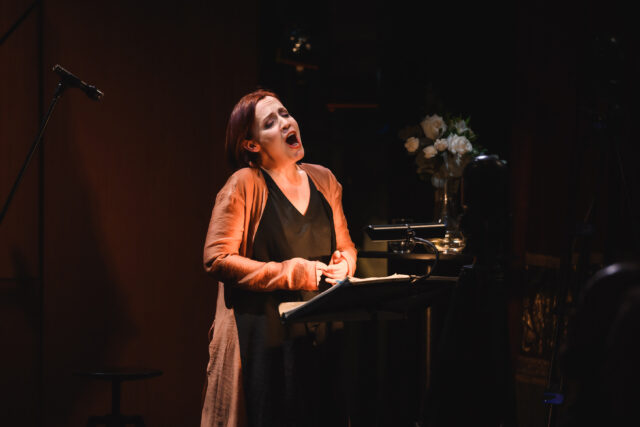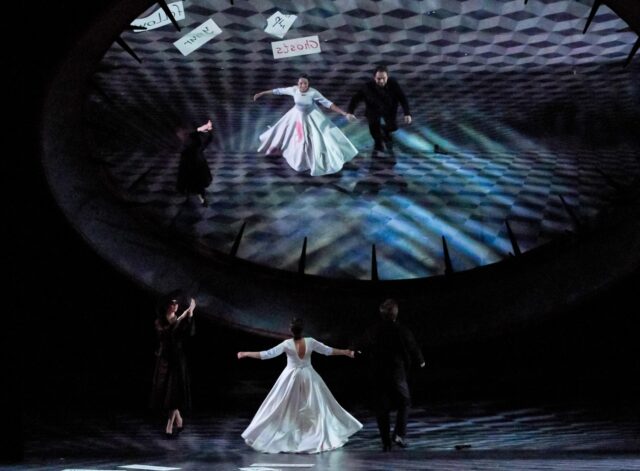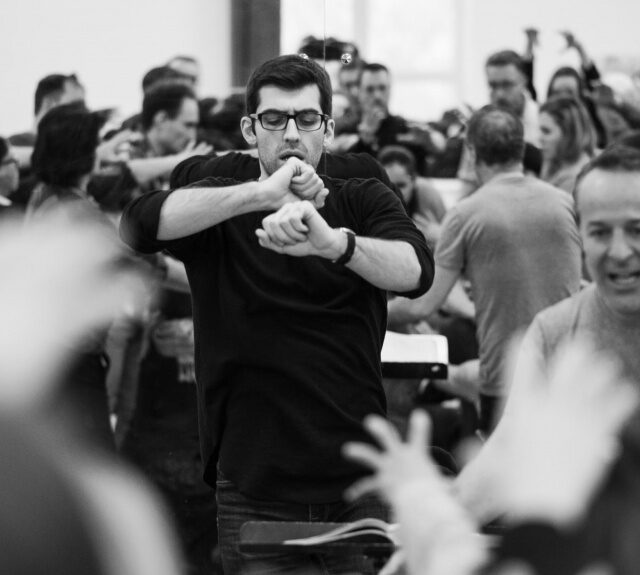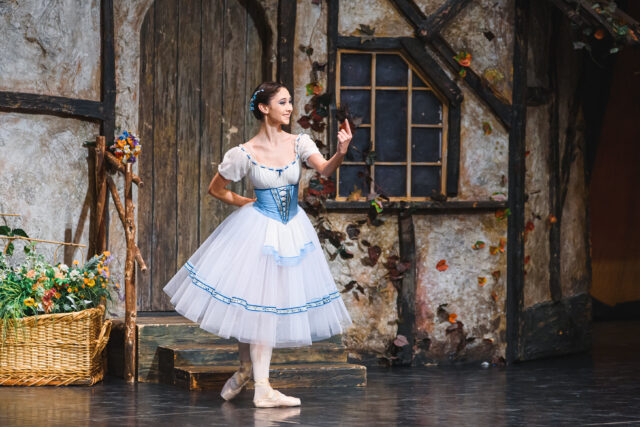Teodor Currentzis performs as if the opera has been restudied and rebuilt from scratch, with every detail weighed and contextualised within the arc of the whole.
In an interview accompanying this new Mozart recording, the start of a Da Ponte trilogy for Sony, Currentzis declares his opposition to the «factory approach of the classical music mainstream … Music is not a profession, and it’s not about reproduction. It’s a mission.»
Fine words, which the 42-year old Greek conductor supports with an explosive performance: it’s as if the opera has been restudied and rebuilt from scratch, with every detail weighed and contextualised within the arc of the whole. I haven’t enjoyed Figaro as much for years. Trained in St Petersburg and now based at Perm on the edge of Siberia, Currentzis is virtually unknown in the English-speaking world — evidently a sign that, thus far, he has put artistic ideals above a conventional career.
His Figaro, recorded under studio conditions in Paris, is of festival quality, without a trace of the homogenised internationalism we have come to associate with modern performances. Currentzis’s period-instrument ensemble MusicAeterna offers a joyous blend of style and spontaneity. Each successive scene seems to bristle with transparency and intimacy, with some deliciously free fortepiano ornaments.
As for the singers, led by Andrei Bondarenko’s aristocratic Count, Simone Kermes’s ethereal Countess and Christian van Horn’s handsome-sounding Figaro, you could doubtless cite starrier voices for this or that role, but Currentzis’s cast has a character and blend of its own. A premium has been put on crackling recitative, deft vocalisation (limited vibrato) and dramatic truthfulness: the sense of ensemble is palpable. The field of Figaro recordings is crowded, but Currentzis’s deserves a special space. Roll on Don Giovanni and Così fan tutte.



